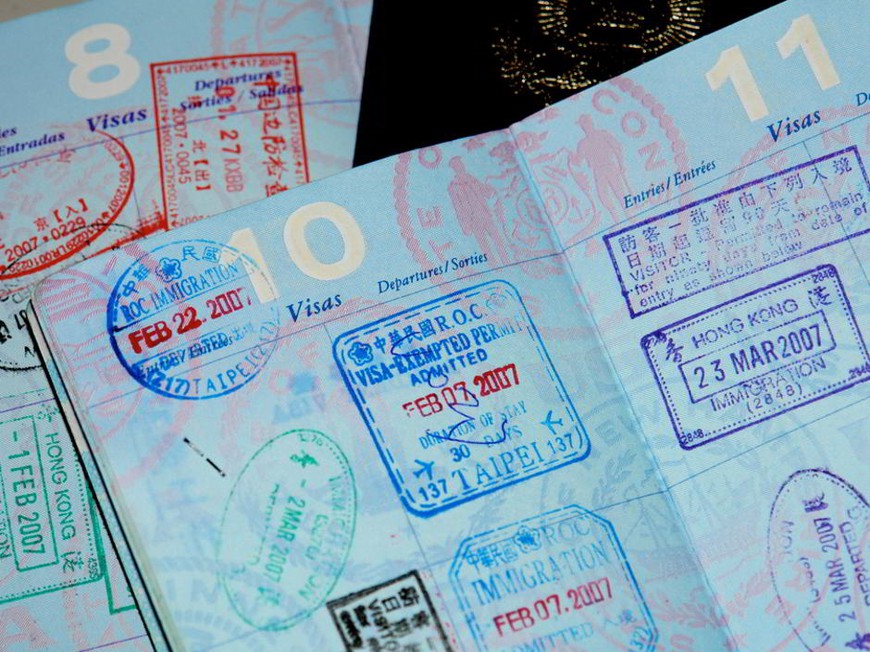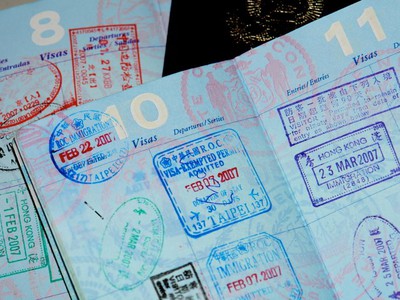

- A new Royal Decree published at the end of April spells out the responsibility regulated gambling operators have for complying with money laundering laws.
- Before winnings in excess of €2,500 can be paid out, operators must confirm the player’s identity by checking copies of identity documents.
- The amount need not relate to a single win, but can be the result of a series of wins, such as those during poker cash games.
- Operators now face a specific requirement to appoint a dedicated AML officer and must create an AML manual and establish an annual training program.
A new Royal Decree published at the end of April spells out the responsibility regulated gambling operators in Spain have for complying with money laundering laws.
Before winnings in excess of €2,500 can be paid out, operators must confirm the player’s identity by checking copies of identity documents.
DGOJ will separately issue guidance on how this is to be done, after its proposed regulations are approved by the Spanish anti-money laundering authority.
Previously, the anti-money laundering (AML) laws had not singled out online gambling for specific treatment, although the €2,500 figure was specified. The amount need not relate to a single win, but can be the result of a series of wins, such as those during poker cash games.
In 2012, Spain passed a law restricting the use of cash for any transactions above €2,500.
Operator Responsibilities
Operators now face a specific requirement to appoint a dedicated AML officer and must create an AML manual and establish an annual training program.
The manual must include a risk matrix which can identify repetitive winnings, an alert process for suspicious activities and an auditable process of analysis and information sources to be used to identify at risk transactions.
Inline With EU Directive
The new Decree is the Spanish implementation of the EU’s latest AML directive which included gambling a specific area of concern for the first time.
The UK implementation of the same directive was published last Summer, and takes a less prescriptive approach.
Licensees have the choice to verify every customer’s identity when they first start to play real money games, or use a “threshold” approach which demands an identity check only if a player bets €2,000 or more in a 24 hour period.

